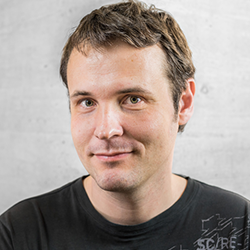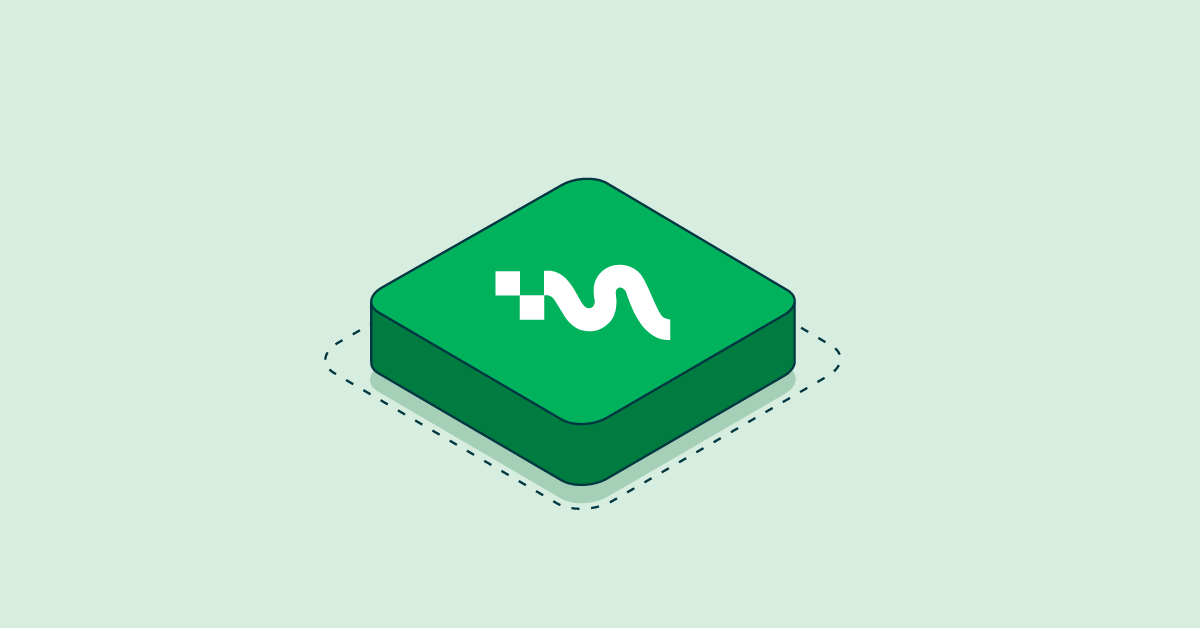- Aug 11, 2020
- 6 min
What a load of noise
For Retail, digital is now more important than ever, but so is the health of the people behind the digital initiative.
Magnolia in action
Take 12 minutes and a coffee break to discover how Magnolia can elevate your digital experience.
All the latest press around the retail vertical are focused on the new expectations; whether that be the in-store experience, capacity management online, contactless payments for good or plenty focused on the customer retention effort. These are all valid and an example of how the marketplace continues to change, evolve and adapt - some faster than others.
My focus, however, is not on the things we should be investing time and money in, but more the people responsible for doing it. The people that already had strained practices when they were in the office. When they were in huddles dealing with the demands of trading but now (with the past few weeks of childcare, homeschooling, back-to-back online meetings and low social interactions), these people are asked to go again. As the demand for online has increased significantly, so has the demand for these people to work harder, longer and with these added dynamics around them. HR Supporting programs are not as hands on as they were in office based situations, lack of social interactions reduce the 'storming norming' effect and yet expectations are up; which all leads to lower production capability.
In Stephen Covey’s book, '7 Habits of Highly Effective People', he talks about P/PC (not SEM strategies) but the focus around the ‘Production and Production Capability’ balance. The farmer that killed the goose that laid golden eggs every day to get them all in one go - then realising they weren't all inside the Goose, he had lost his ‘production capability’.
As businesses look to the future; at the heart of their thinking MUST be the ‘production capability’ (the people), their welfare, mental happiness and their capability, which leans heavily on the systems and processes they use/practice every day.
Research by Magnolia has highlighted a clear disconnect in people, systems and processes that are a legacy of change over time and during the COVID-19 outbreak were exposed as not truly fit for purpose. Whilst the systems are being discussed, it’s the people that are the ‘production capability’ and have clear insights on how to improve.
So you can stay up all night, every night, to get your work done. But at a certain point, after you increase production, the production capability – you – will face diminishing returns, as your production capacity fades due to a lack of sleep.
We have heard of the focus around ‘SMART’ over ‘HARD’ so here are some key thoughts for consideration:
Transformation is hard and often upsets the current people, practices and normality - it creates change and so creates disruption. Walking up a hill takes many small steps and regular re-evaluation to ensure you are on the right path. This approach can keep P/PC balanced and allow reflection, feedback and alternative courses en route to the same end goal. Therefore look at ways to progressively alter the architecture/process (as opposed to a big bang theory). Phases are more controllable and less of a risk.
Simplify the operating model - Over time, processes have become cumbersome simply by means of demand; this is straining the production capability. So look at where systems and processes can be improved to reduce the typical barriers of commerce today (agility, complexity and costs). Look at where teams are siloed and using alternative systems, where duplications exist, manual interventions within a process (talking of processes), where overzealous approval cycles through lack of meaningful data insight exist. Consolidation is key to centralising operations, improving the support around the teams and driving reusability programs.
Parallel working completely reduces the dependency structures built-in today. Marketing needs to go fast but IT needs to fulfil an existing roadmap/sprint. De-coupling these dependencies deliver strong evidence of a balanced P/PC as teams are unified and collaborative, as opposed to pulling on different ends of a rope. The business goes faster, the people are more independent in their actions and autonomy is the new norm.
The definition of cumbersome is ‘slow, or complicated and therefore inefficient’. Digital commerce has risen from the notion of an all-in-one commerce platform that essentially created this model. Now, with more modern thinking, steps can be taken to de-couple things providing more room for people to manoeuvre. This report offers insight into the notion of a composable DXP and the clear benefits around it; furthermore ensuring both IT and the Business can continue to innovate but in unison.
Digital Experience Platform
With best-in-class content management and unlimited integrations, Magnolia allows you to compose a DXP fully tailored to your needs.
You may be familiar with the P/PC Balance, and know that in this case, P/PC does not mean pay per click. If you have not, simply refresh your memory about the Aesop’s fable about the goose that laid the golden eggs.
How the fable explains the concept
In case you don’t remember that fable by heart, here is how it goes. A struggling farmer finds an egg made of pure gold in the nest of his goose. He thinks it is some kind of joke, then gets it appraised and discovers that the golden egg is for real. The goose lays one of those golden eggs every day, which should be enough for the farmer to live a great life. He indeed becomes rich because of those golden eggs.
But even though he is now rich, it is not enough for the farmer. He wants more, and getting that once-a-day egg is not enough. So, convinced that there must be a literal goldmine inside the goose, he kills it and slices it up to get all the golden eggs at once. Only thing is, he finds out that there are no golden eggs inside the goose, and now that he has killed the goose, he will not be getting anymore. So thanks to greed, he killed the thing that made him rich.
Defining P/PC balance
Covey uses this tale to illustrate the P/PC effectiveness equation. People think that “the more you produce, the more you do, the more effective you are,” Covey writes. But he notes that “true effectiveness” is really due to two things – what is actually produced (the golden eggs), and the thing that produces it (the goose). It is critical to have a P/PC balance. P is for production, and PC is for production capability.
If you have a car, and take care of it with regular maintenance, oil changes, and tire rotation, you are helping the PC – production capability — in order to keep the P – production – going smoothly. If you do not do that, you may save a little money on maintenance in the short-term, but you will lose in the long-term because your car will not run as smoothly, and will break down more frequently.
That is a great metaphor for having a good P/PC balance in whatever you do. There are various ways to keep your personal P/PC balance good – regular exercise, visiting a life coach, dieting, and relaxation techniques could keep you on an even keel. To learn more about how a life coach can help you with your P/PC, click here.
The State of CMS in the Retail Sector Report
Download the quick-start retail marketer’s guide to content management systems










